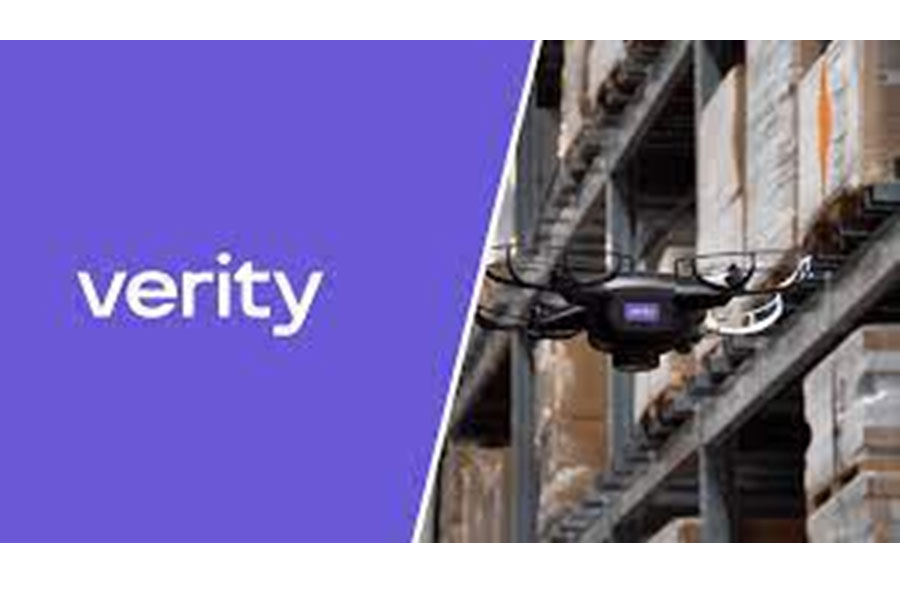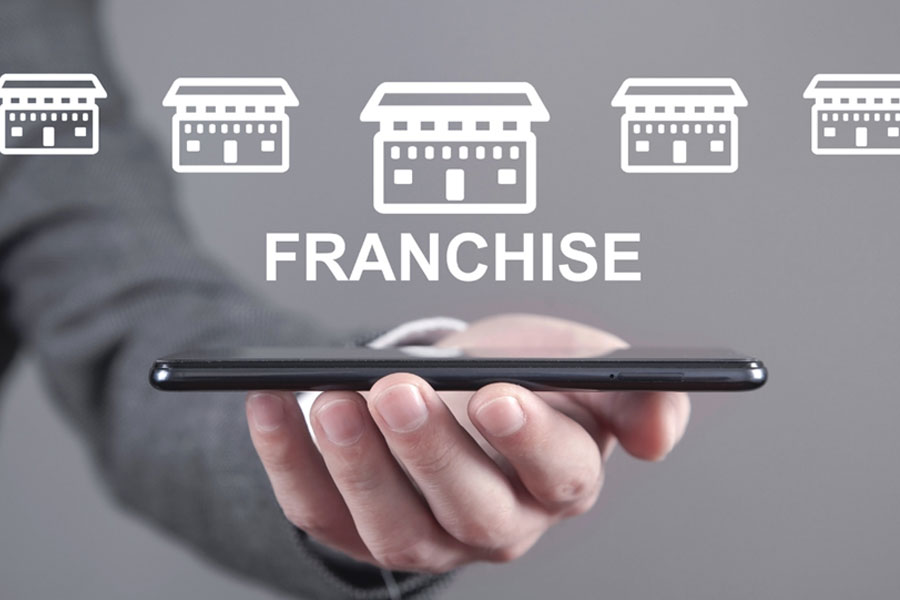
Verity's drones operate autonomously in warehouses/VERITY
How do modern businesses efficiently manage their inventory and physical assets? Traditionally, this has been a labor-intensive process involving numerous workers manually counting stock in warehouses and factories. This method is not only inefficient but also prone to errors and occasionally hazardous. Swiss start-up Verity offers a transformative solution.
Although Zurich-based Verity has been pioneering in this field for nearly a decade, a recent agreement promises to significantly boost its global presence. Swiss sportswear brand On will soon implement Verity’s technology in its warehouses, a move both companies are announcing today.
Verity’s approach is elegantly simple yet highly effective: autonomous drones replace human workers for inventory checks. These battery-powered drones are stationed in warehouses and periodically fly around to survey the stock, feeding the data back to the company’s inventory management systems. After each flight, the drones return to their charging stations to prepare for the next mission.
Raffaello D’Andrea, Verity's co-founder and CEO, started developing this technology in 2014 as part of a project at ETH Zürich, where he is a professor. “From a technical standpoint, we knew this would be challenging, but we also believed it could be revolutionary,” says D’Andrea. “If we could develop a platform to gather data on anything, anywhere, and relay that information to clients, the potential value was enormous.”
It took some time for Verity to perfect its technology, but by 2021, the platform was ready for the market. Today, over 100 companies across 13 countries, including giants like DSV, Maersk, and Samsung, utilize Verity’s system.
Now, On is joining these ranks. The high-performance sportswear company has seen rapid growth across Europe and aims to harness technology for operational enhancements. “We are excited to partner with Verity to revolutionize our supply chain operations,” says Caspar Coppetti, co-founder and executive co-chairman at On. “Through innovative technology, we aim to further improve efficiency, enhance sustainability, and elevate customer satisfaction.”
D’Andrea highlights that the main advantage of Verity’s system is its autonomous operation. Once installed, the system requires minimal human intervention—warehouse managers only need to replace the drones’ rechargeable batteries every few months.
The autonomous system starts by analyzing data to determine which parts of the warehouse or inventory need priority checks, such as items not counted recently or goods that have been moved. It then directs the drones to perform these checks, typically at night when the facility is empty, though the drones can operate during the day if needed. The results are seamlessly integrated into the company’s inventory management systems.
Clients like On are seeking benefits such as better product availability and improved order fulfillment rates. With a precise, real-time inventory overview, supply chain managers can make more informed decisions about ordering and stocking. Verity claims to reduce typical operational error rates from 5-12% to below 1%.
Other advantages include productivity gains, as warehouse staff no longer spend hours manually checking stock, and environmental benefits, with cleaner, more efficient operations. Verity reports that its clients achieve an average annual reduction of 1,000 tons of carbon emissions per warehouse.
D’Andrea acknowledges that the primary challenge for future growth is convincing potential clients that the technology is real and effective. “To many, this still seems like science fiction, so overcoming that skepticism is crucial,” he says. Partnerships with high-profile brands like On will undoubtedly aid in dispelling doubts and driving wider adoption of Verity’s revolutionary system.





